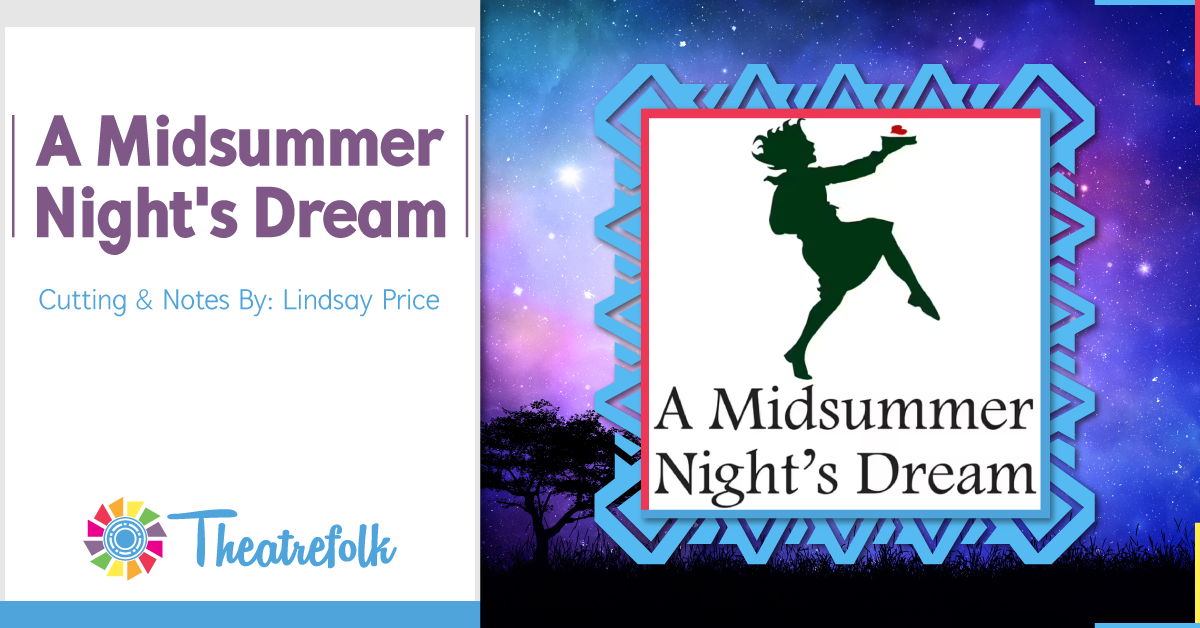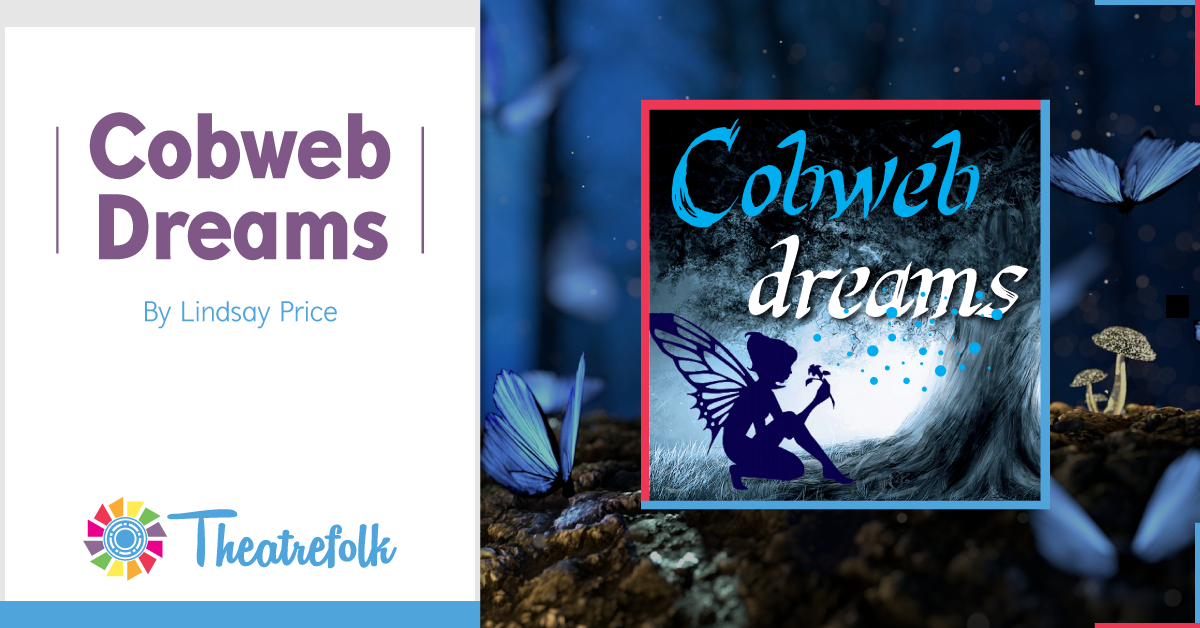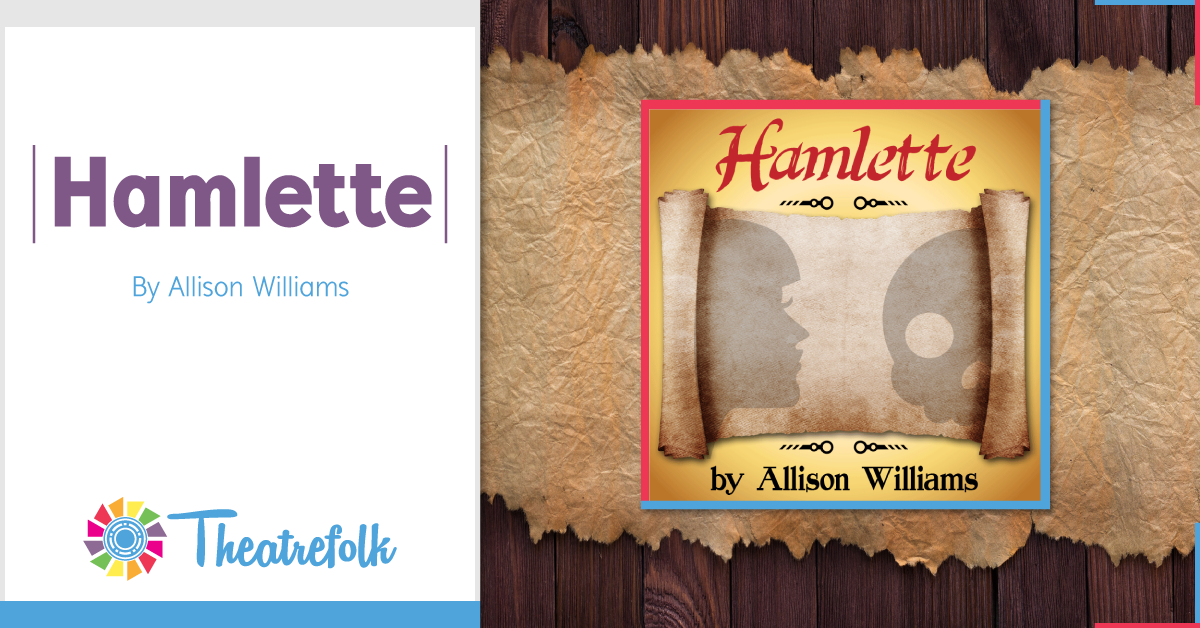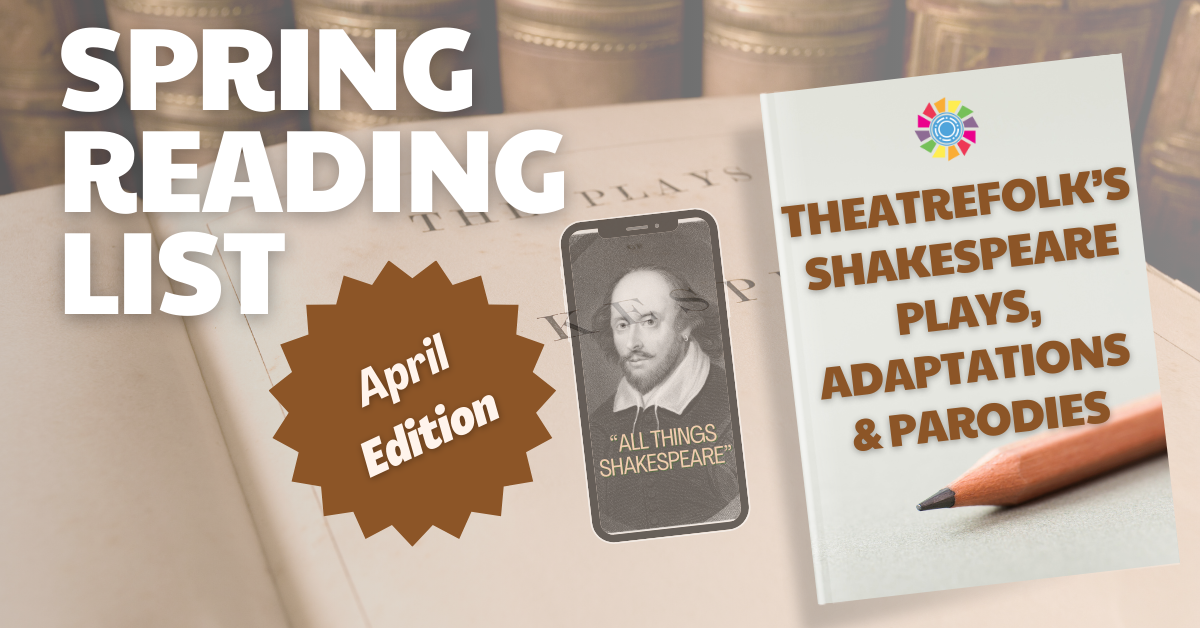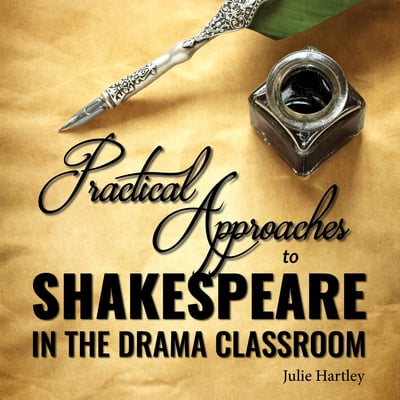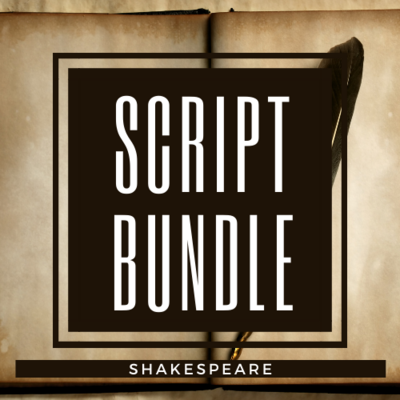Theatrefolk Featured Play – A Midsummer Night’s Dream
Welcome to our Featured Play Spotlight. You don’t want to miss this one act annotated version of A Midsummer Night’s Dream – Shakespeare’s magical tale of mischievous fairies, and love potions (cutting and notes by Lindsay Price from the original by Shakespeare).
The classic tale of mischievous fairies and love, set in the Athenian woods. Great blend of comedy and romance.
“What a triumph! Thank you SOOO much for this rendition of Midsummer – it was brilliant, and my students adored it.”
~Debra Gress, SCH Academy|
Let’s hear from the author!
1. Why did you adapt and annotate this play?
It’s one of Shakespeare’s most accessible works and the characters are fabulous to play.
2. Describe the theme in one or two sentences.
The appearance and reality of love and relationships.
3. What’s the most important visual for you in this play?
That first moment when Bottom appears with a donkey’s head instead of his own and the chaos that erupts among the mechanicals!
4. If you could give one piece of advice for those producing the play, what would it be?
Don’t get so caught up in the unfamiliar language that you forget character development. Shakespeare creates vivid characters. Make sure students understand who they’re playing, what they want, and how they’re going to get what they want. Then make sure everyone understands every word they’re saying. Comprehension and character go hand in hand with Shakespeare.
5. Why is this play great for student performers?
Character, character, character! Fun characters to physicalize, relationships to explore, and a love potion to create chaos.
Get your copy of A Midsummer Night’s Dream right here, right now!
Interested in studying this play with your class? Don't miss our FREE classroom study guide!
Related Articles
Practical Approaches to Shakespeare in the Drama Classroom
by Julie Hartley
Shakespeare is one of the greatest resources a drama teacher can have. But teaching it can be a challenge. Practical Approaches to Shakespeare in the Drama Classroom helps drama teachers break down the Bard to make his themes, language and characters accessible to all.
Script Bundle - Shakespeare plays
A selection of 10 Shakespeare perusal scripts. Whether it's a cutting that uses the original text, a monologue or scene book, or a parody that spoofs the story, these plays offer a great window into Shakespeare's world.
